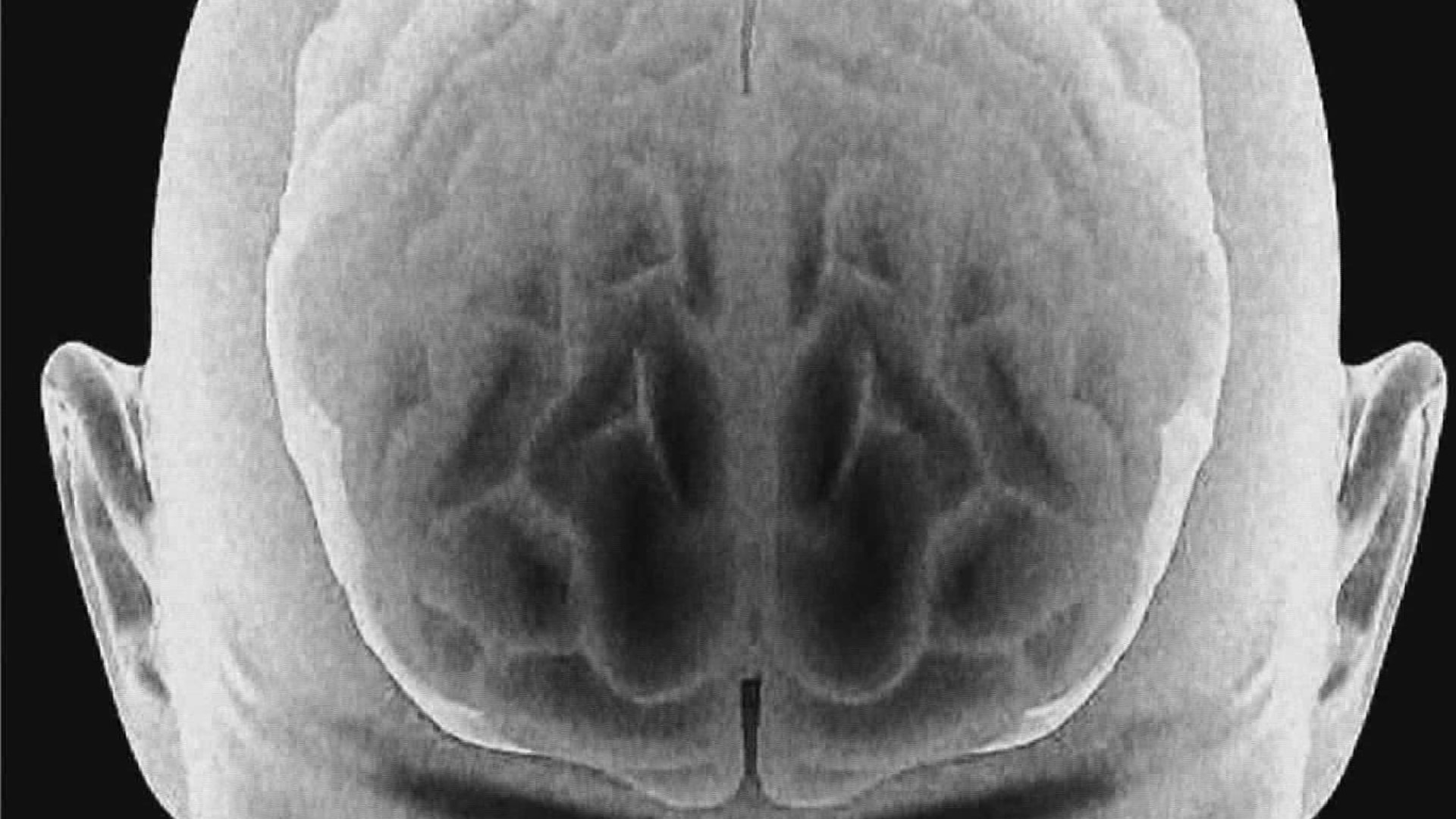YORK, Pa. — The Alzheimer’s Association enthusiastically welcomes the positive topline data reported today by Eisai and Biogen on the CLARITY AD global Phase 3 clinical trial of lecanemab.
Officials are calling the drug the most encouraging to date in improving the symptoms of the disease by slowing it down.
The results of a phase 3 clinical trial showed the medicine lecanemab actually slowed mental decline by 27% for early onset patients.
The antibody works by removing the protein that forms clumps in the brains of people with Alzheimer's disease. By targeting that protein, the treatment attacks the disease itself, rather than just treating symptoms, which is the case with other current Alzheimer's drugs.
For people in the earliest stages of Alzheimer’s, this treatment has the potential to change the course of the disease in a clinically meaningful way.
These results indicate lecanemab may give people more time at or near their full abilities to participate in daily life, remain independent and make future healthcare decisions.
Treatments that deliver these benefits to those with mild cognitive impairment (MCI) due to Alzheimer’s disease and early Alzheimer’s dementia are just as valuable as treatments that extend the lives of those with other terminal diseases.
"We're talking about actual potential treatments for the disease early on that has true clinical benefit. While not perfect it is still a significant step forward without the first, there can never be a cure," said Clay Jacobs with the Alzheimer's Association Greater Pennsylvania.
The full findings of the clinical trial will be presented this November and they hope to move soon after that to the FDA for consideration.

